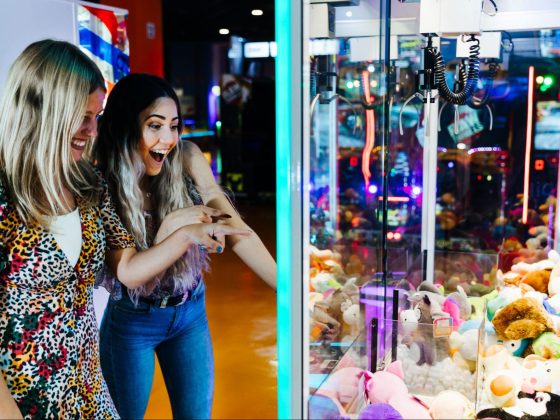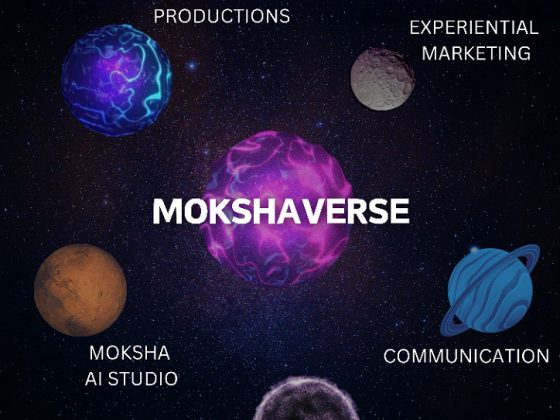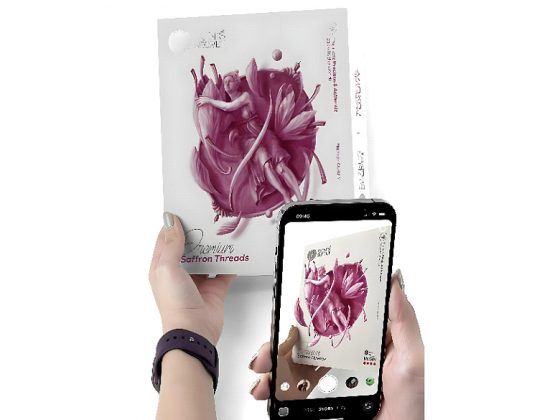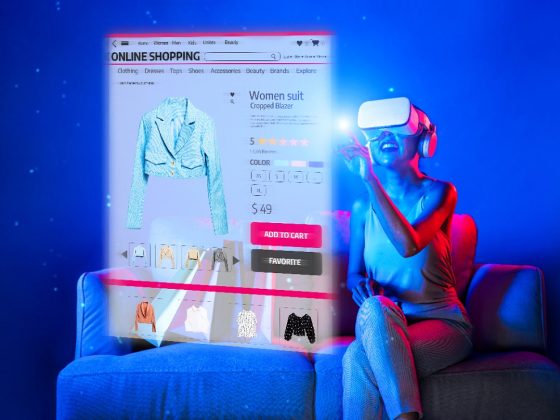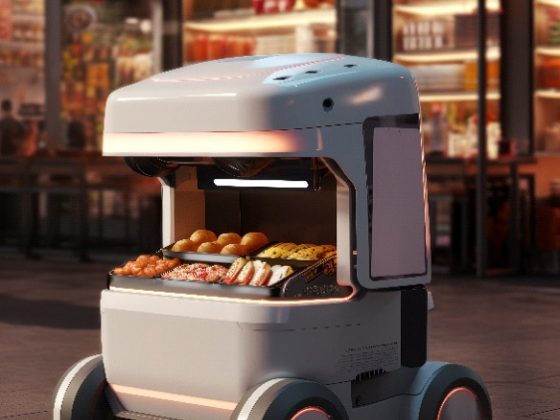The Future Of Micro-Influencers In FMCG: Trends to Watch

The role of micro-influencers in FMCG marketing will continue to grow. One emerging trend is the rise of nano-influencers—individuals with fewer than 5,000 followers—who offer hyper- localized, niche engagement. As consumers increasingly seek out products that reflect their values, nano-influencers can drive highly targeted campaigns that resonate on a community level.
Furthermore, AI-driven analytics will be integral in shaping influencer marketing strategies. Advanced tools will enable brands to monitor real-time influencer performance, predict trends, and optimize campaigns for maximum impact. As AI technology becomes more sophisticated, FMCG brands will have access to more precise data, allowing for data-backed decisions and greater campaign efficiency.
Micro-influencers are reshaping the way FMCG brands approach consumer engagement. With their ability to build authentic connections, drive purchasing behaviour, and offer a high ROI, they have become an indispensable part of modern marketing strategies. As consumers continue to demand more transparency and authenticity, micro- influencers will remain an essential tool for FMCG brands looking to foster deeper relationships with their audiences.
For brands ready to embrace this change, investing in long-term, data-driven partnerships with micro- influencers offers a strategic path to success. The future of FMCG marketing lies in the hands of influencers who can bridge the gap between brands and consumers, creating genuine, lasting connections beyond mere transactions.


